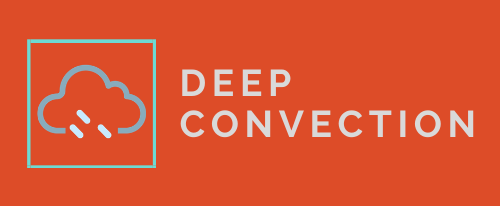
Growing up in South Africa under apartheid, George Philander had to follow a lot of laws that didn’t make sense to him, e.g., that he was not allowed to stand in the line for white people at the post office. When he discovered mathematics and science, he was happy to have found a world that was governed by rational and coherent laws.
“South Africa […] was a strange place because of the apartheid policies. I basically lived in two worlds that didn’t really intersect. The one was the social world, which was subject to these strange laws. And at the same time, I was becoming a scientist, and the world of science seemed an escape from the irrationalities of the apartheid laws.”
George left South Africa in the 1960s to go to graduate school at Harvard, where he decided to move into oceanography. Apart from taking classes and doing research, he also continued to be interested in social concerns, and on weekends he would join people in protesting the war in Vietnam, or even the apartheid in South Africa.
Despite all the differences between the U.S. and South Africa, George also sees some fundamental parallels between these two stages of his life:
“So now I could again do the science and separate the social life [from it]. But the science was much more interesting, and the social life was much more interesting. So it was a somehow idealized version of what I had experienced in South Africa.”
After completing his PhD, George went on to do a postdoc with Jule Charney at MIT, before moving to Princeton where he spent the rest of his career, first at NOAA’s Geophysical Fluid Dynamics lab and then as a professor at Princeton University, from where he retired a few years ago. George is a giant in climate science and has made many important contributions to the field, but he is best known for his key advances in our understanding of the El Niño-southern oscillation phenomenon, or ENSO.
Throughout the years, George has been thinking a lot about how science interacts with the larger world, and he has become convinced that we should not divorce our social concerns from our professional activities. That recognition even led George back to South Africa for a few years in the 2000s, where his goal was to instill an appreciation for nature in young people:
“We’re so focused on the gloom and doom of global warming that we count on fear to persuade people to take care of planet Earth. And I would argue that instead of fear, they should do it out of love for the planet. But you can only love what you know, so they should really know something about the planet before we can expect them to take care of it.”
In this conversation, George also talks about the role of luck in people’s lives and careers, about shortcomings of the educational system, and about living far from home.
The interview with George Philander was recorded in February 2021. Image credit: Denise Applewhite, Office of Communications, Princeton University
- George’s website at Princeton University
